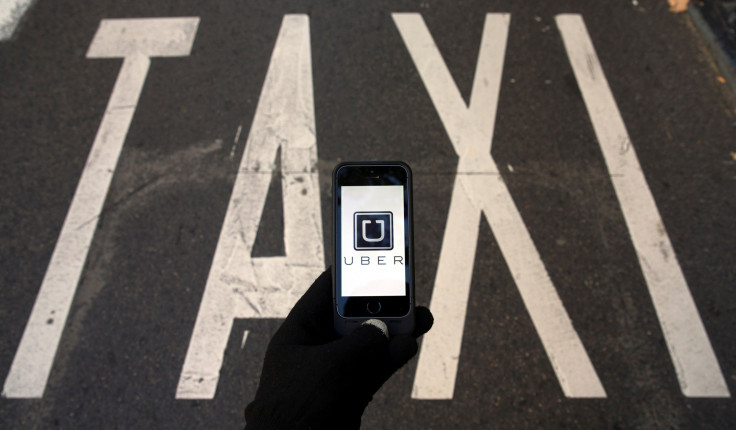Uber China merges with rival Didi Chuxing
Uber free to focus on countries where it has fighting chance to dominate market

Uber Technologies Inc. is apparently convinced that, “If you can’t beat them, join them,” as the ride-hailing startup company has finally decided to merge Uber China with its rival Didi Chuxing.
Uber CEO and co-founder Travis Kalanick has announced the merger of the two companies after two years of fierce competition for market dominance. Despite facilitating 150 million trips a month, Uber reportedly losses US$1 billion (AU$1.3 billion) annually for its China operations while Didi Chuxing controls 80 percent of the market.
“As an entrepreneur, I’ve learned that being successful is about listening to your head as well as following your heart. Uber and Didi Chuxing are investing billions of dollars in China and both companies have yet to turn a profit there. Getting to profitability is the only way to build a sustainable business that can best serve Chinese riders, drivers and cities over the long term,” Kalanick said in a blog post.
Uber refused to disclose details of the merger, but sources privy to the negotiations said Didi Chuxing will invest US$1 billion (AU$1.3 billion) in Uber’s global company. As part of the deal, Didi Chuxing will gain access to Uber’s brand, business and data in China. Didi Chuxing CEo and founder Cheng Wei will also join Uber’s board. Meanwhile, Uber Technologies and Uber China’s other shareholders will receive a 20 percent economic stake in the combined company and Kalanick will get a seat in the new company’s board.
“Didi Chuxing and Uber have learned a great deal from each other over the past two years,” Cheng said in a statement. “This agreement with Uber will set the mobile transportation industry on a healthier, more sustainable path of growth at a higher level.”
“I have no doubt that Uber China and Didi Chuxing will be stronger together,” Kalanick said. “That’s why I’m so excited about our future, both in China — a country which has been incredibly open to innovation in our industry — and the rest of the world, where ridesharing is increasingly becoming a credible alternative to car ownership.”
After exiting the China market, Uber is now free to focus on other countries where it has a fighting chance for market control. Uber competes with Grab in Southeast Asia, Ola in India and Lyft in the United States. The startup company claims to have over 1 million drivers serving commuters around 300 cities worldwide at the end of last year.
The merger announcement came after the Chinese government has finally allowed ride-hailing services to operate under legal framework. Prior to the merger, Uber is reportedly valued at US$62.5 billion (AU$83 billion) while Didi Chuxing's valuation stands at US$28 billion (AU$37 billion).





















